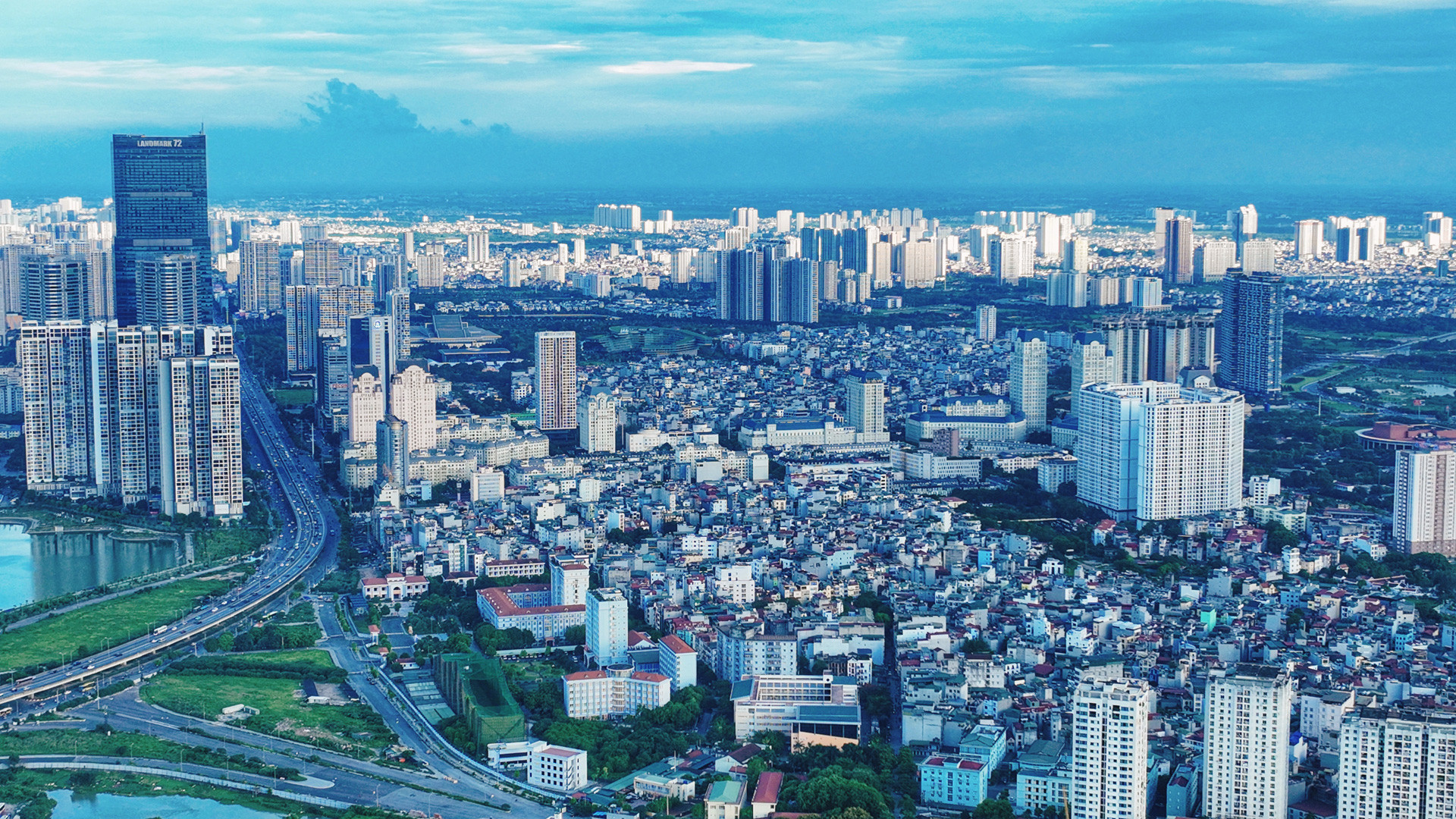
Land resource waste in Vietnam is a visible and persistent issue rooted in inefficiencies within land management.
Although the full extent of wasted land resources has not been quantified, its detrimental effects are evident in everyday life.
Key causes of land resource waste
1. Waste from delayed planning: A prominent source of waste comes from stalled urban planning projects. These "suspended projects" leave not just small plots but sometimes thousands of hectares unused for extended periods.
2. Waste from land-related complaints and disputes: Land disputes account for nearly 70% of annual legal complaints and have persisted for decades. Disputes between individuals or between citizens and state authorities often halt land use during lengthy legal processes.
3. Waste from land-related corruption: Corruption in land management ranges from straightforward to sophisticated schemes, often involving collusion between officials and private businesses. This leads to public land being privatized and manipulated land valuations that cost the state billions of dong.
4. Waste from abandoned projects: Numerous public works are left incomplete, overgrown with weeds due to various blame-shifting reasons. Some are minor projects costing millions of dong, while others, like large drainage systems in Hanoi or Ho Chi Minh City, require billions.
This problem spans sectors, from irrigation to metallurgy, fertilizer production, cultural facilities, and even provincial and national stadiums.
5. Waste from inefficient land-use administrative procedures: Administrative red tape, including issuing land-use certificates, land recovery procedures, and compensation processes, has persisted for nearly 40 years. Issuing red books (land ownership certificates) and pink books (house ownership certificates) has consumed significant resources across four administrative levels (central, provincial, district, and communal).
Consequences and the need for reform
These various forms of waste are largely attributed to inefficiencies in land management.
Vietnam aims to achieve high-income status, but land resource waste over the past four decades has hindered development.
Despite improvements in household and business economics, progress remains slower than expected. For instance, 5 million family-owned micro-businesses have shown limited growth, and the majority of Vietnam’s 930,000 active enterprises remain small or medium-sized.
As the country prepares for a new era of advancement, a transformative reform in land management is imperative to ensure efficiency, accountability, and effectiveness, preventing further waste of valuable land resources.
Dinh Duc Sinh